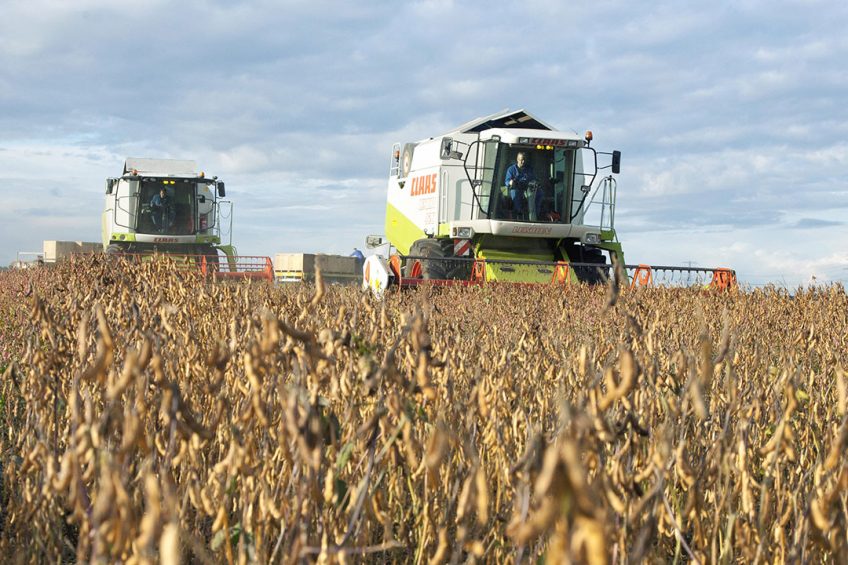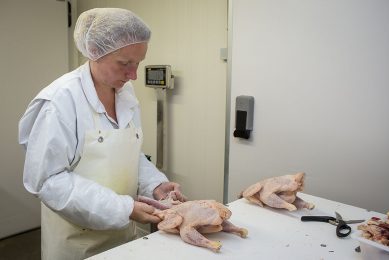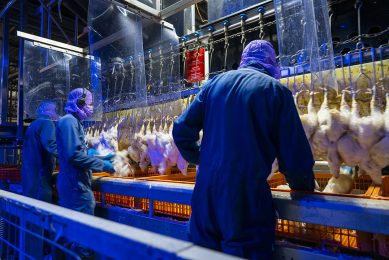Covid-19 brings turmoil to the Kazakhstan egg industry

Egg production in Kazakhstan may fall by up to 30% during the next few months as Covid-19 is driving farms out of operation and pushes others to cull their stock.
The entire poultry industry in Kazakhstan is suffering from the high prices on the domestic grain market. The average price of feed grain has recently reached KZT 90,000 ($ 217) per ton, while normally at this time of year grain costs around KZT 60,000 ($ 145) per ton Alexander Pryadko, owner of Alekri poultry farm told to the local news outlet Caravan.
Poultry feed price hike
The price hike is linked with the coronavirus pandemic. This pushed the government towards instituting a quota as of April, allowing the export of 200,000 tonnes of wheat and 70,000 tonnes of flour, which was significantly lower than the usual export level of 350,000 tonnes and 123,500 tonnes per month, respectively. The current price is simply insane, Pryadko said. Worsening the problem is that the national currency has lost a lot of value against euro during the past few months, making imported feed additives and premixes more expensive. The Alekri poultry farm is doing relatively well, since it has own fields to grow feed crops, but the company is only partially meeting its own needs, Pryadko added.
 Global egg production continues to rise
Global egg production continues to rise
Global egg production continues to see substantial growth with latest figures suggesting a 24% increase in the past decade.
Subsidies for egg farmers gone
At the same time, the government is cutting back on subsidies it was paying to egg farmers. In December of 2019, the Kazakhstan Agricultural Minister Saparkhan Omarov said that the government only wanted to subsidise only products that were in short demand. In a follow-up statement the Agricultural Ministry noted that there was an oversupply of eggs on the domestic market. As Kazakhstan was exporting eggs, the subsidies would favour the foreign markets, which isn’t the intent of the subsidies.
Egg market prices
The combination of higher grain prices and the end of government subsidies resulted that some farmers are in the red. According to Pryadko, the main problem was that the subsidies were cancelled without any prior notice and this decision caught all market participants by surprise. Cost price of eggs is currently KZT 26 ($ 0.06), while the average market price is standing at KZT 23 ($ 0.05), said Ondasyun Tleuliev, general director of Alsan Kazakhstan poultry farm. The gap could have been covered with the government subsidy which was amounted to KZT 3 ($ 0.007) per egg.
 Covid-19 Up-date
Covid-19 Up-date
What impact is the pandemic having on the global poultry sector and how are they dealing with it.
Culling poultry stock
According to Caravan, some poultry farmers have already begun culling their stock in a bid to avoid losses. Svetlana Ivanova, executive director of the Koger poultry farm explained that the competition with the Russian poultry farms is still fierce, while export to Kazakhstan and Tajikistan was closed because of the Covid-19. Her farm appealed to the government to get some state aid to keep afloat.












